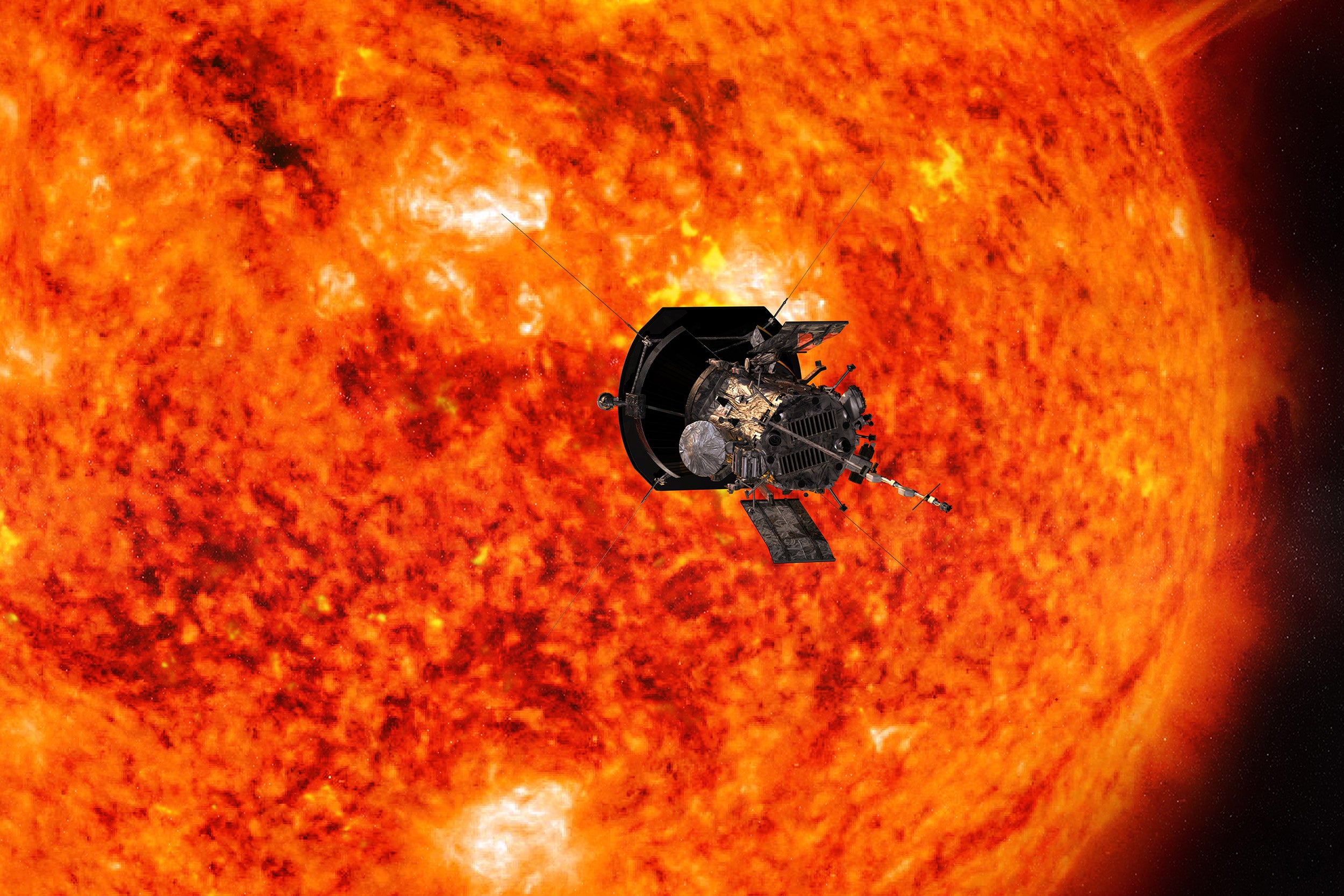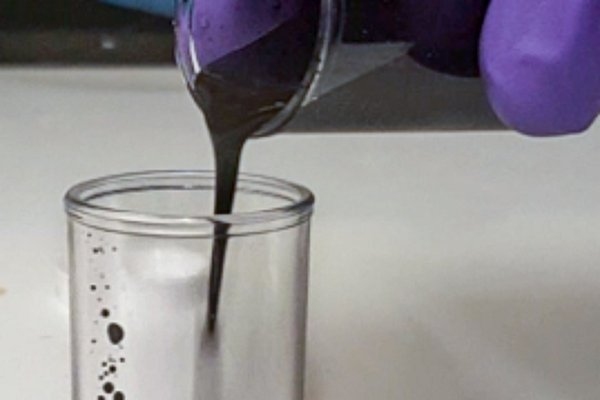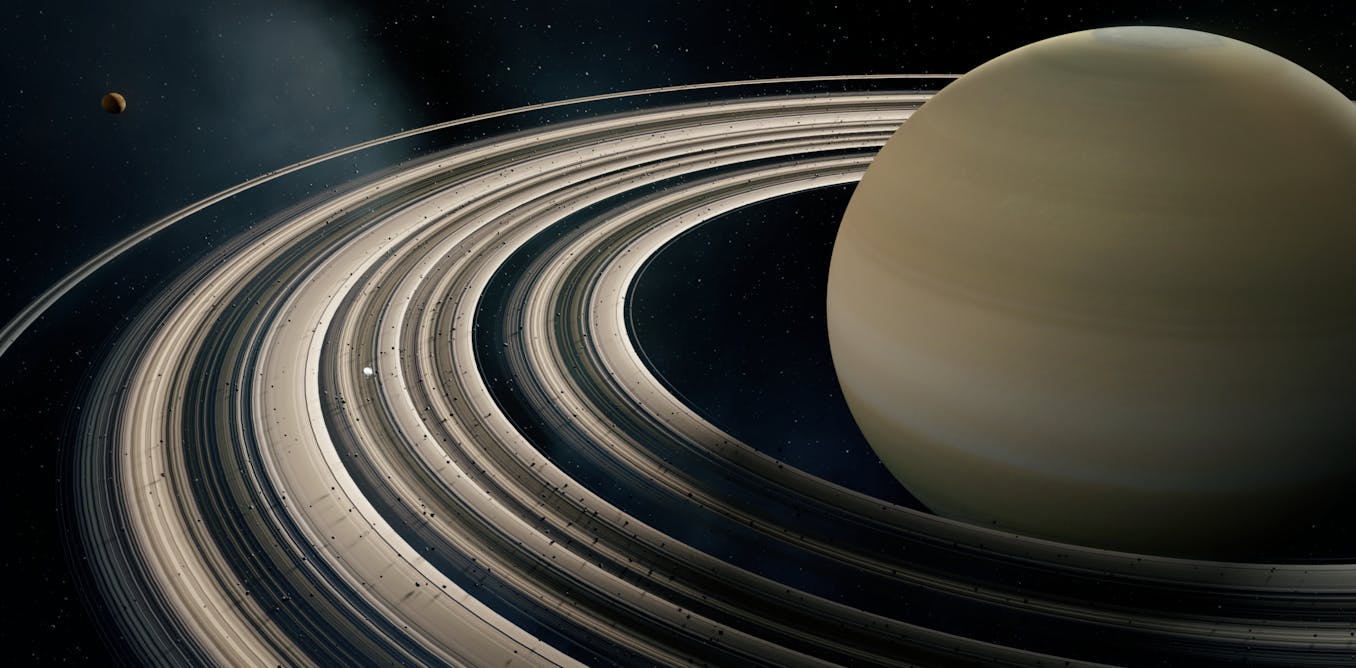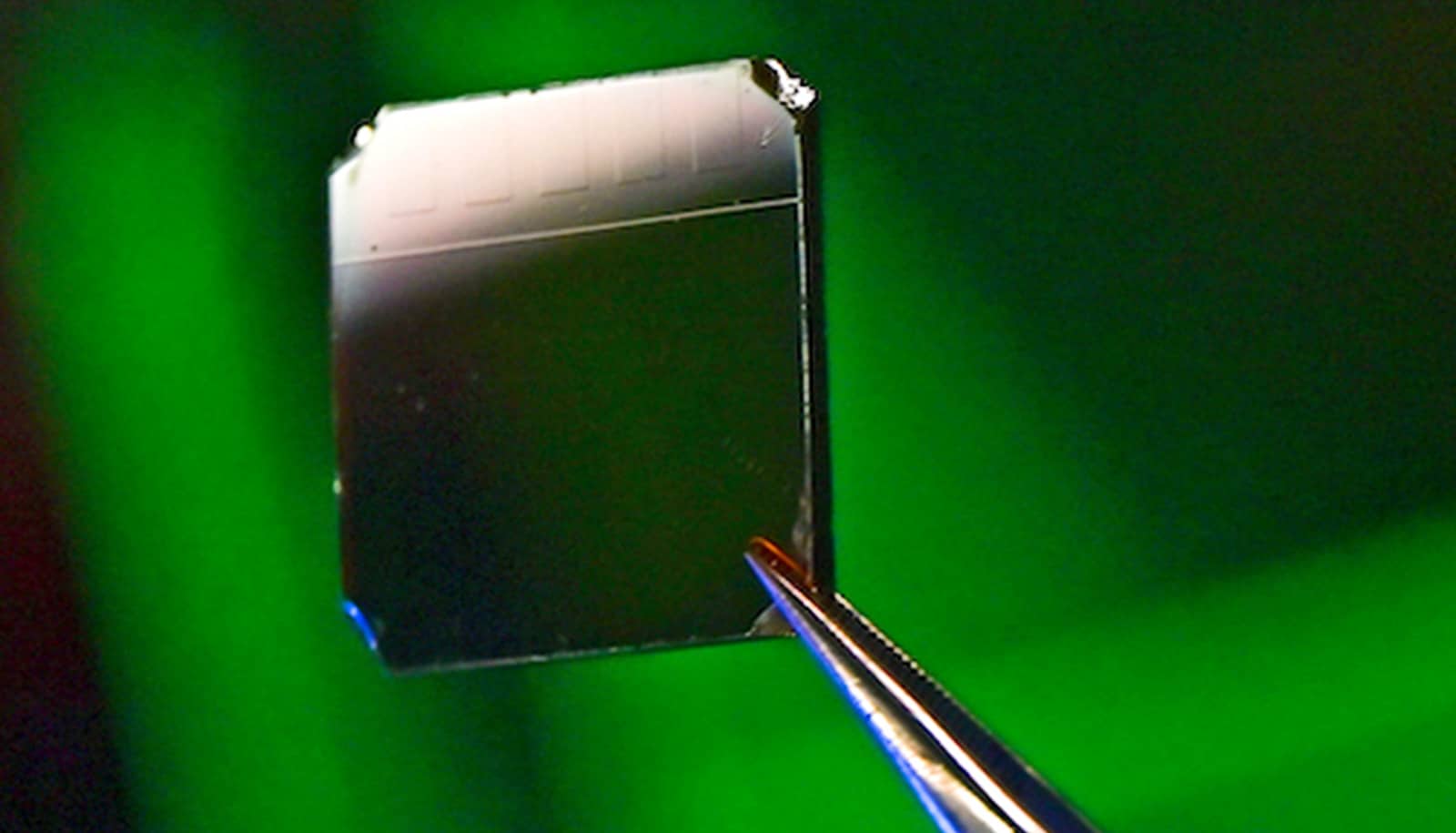A new exoplanet: meet GJ 367b, an iron planet smaller and denser than Earth
Most of what we know about planets outside our Solar System relates to gas-giant planets. A new study has identified and characterised a smaller exoplanet.
Coel Hellier, Professor of Astrophysics, Keele University •
conversation
Dec. 2, 2021 • ~6 min
Dec. 2, 2021 • ~6 min
Have we made an object that could travel 1% the speed of light?
The fastest things ever made by humans are spacecraft, and the fastest spacecraft reached 330,000 mph – only 0.05% the speed of light. But there are ways to go faster.
Chris Impey, University Distinguished Professor of Astronomy, University of Arizona
• conversation
Nov. 15, 2021 • ~5 min
Nov. 15, 2021 • ~5 min
/
45









